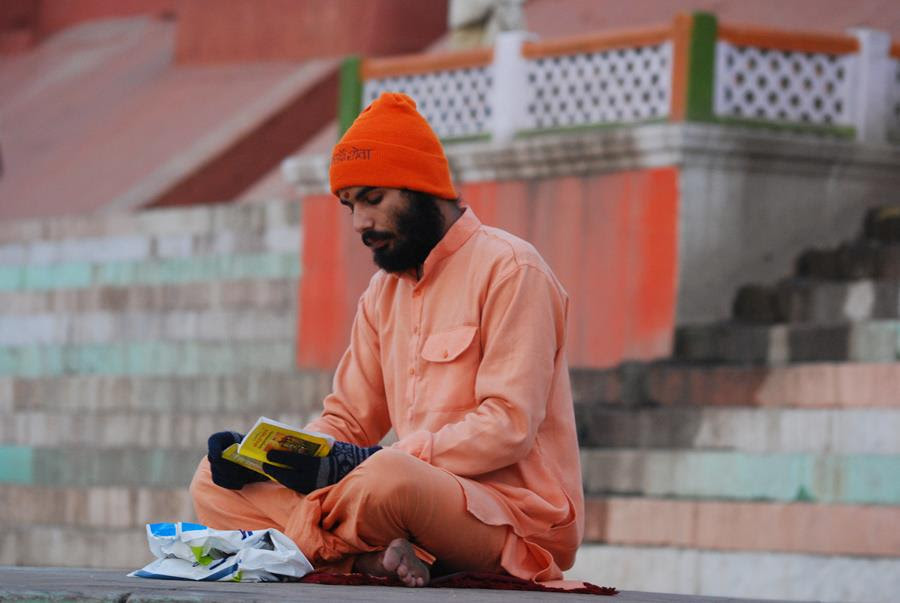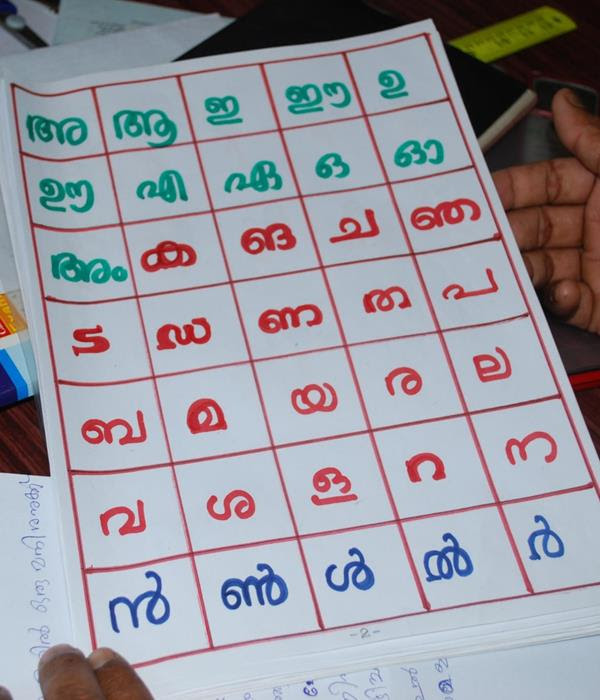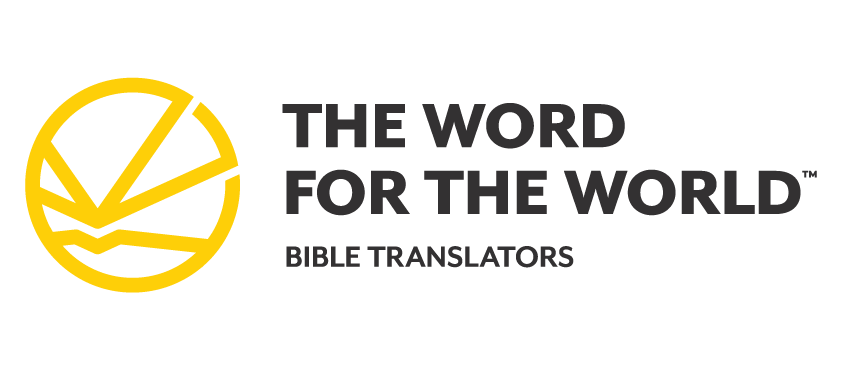How many times a day do you pick up a pen to make a note, text a friend or read a news article? Most people do this countless times a day. In fact, we probably can’t imagine a world without access to literature and the ability to communicate through reading and writing. Many languages around the world are only spoken. The speakers of these languages have never been able to record their thoughts on paper. They are not able to read a book or do an internet search for information. They are oral societies. Some of these people learn to read and write, but not in their own language. Many illiterate people struggle through the first few grades of school, often dropping out because they don’t know the language used for education well enough. The hurdle is too high. It is insurmountable.

When TWFTW engages with a people group to help them translate the Word of God for their own people, developing an alphabet is one of the first things that is done. The translation team is trained to do this, and within a short time they have an alphabet. We call it an orthography, and it is designed based on the sounds that occur in the language—using the national or state language alphabet to represent their sounds. This method is similar to reading English and Spanish, both of which share the Roman script.

A new sense of pride in their language is created as their language is on paper for the first time in history. Literacy programs help these people learn how to read and write their language. They are able to read the newly translated Scriptures, to take notes in church and to have access to the world of books. These people often experience a new sense of self-worth and dignity along with access to new opportunities for advancement. This process is transformational and life changing!
Blessings,
The Word for the World International Team
